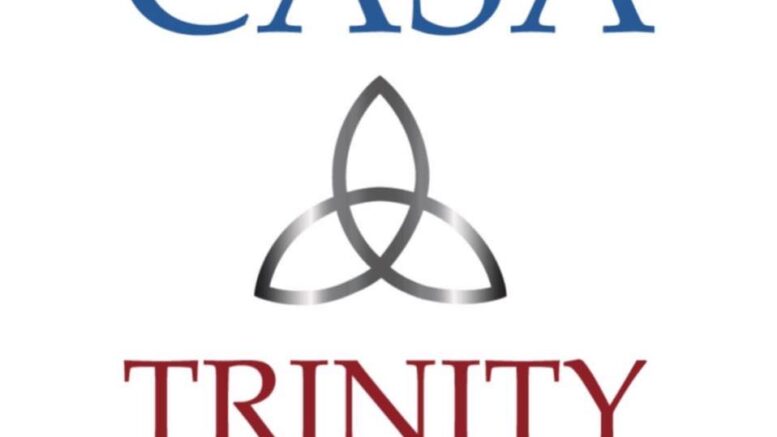Tioga County ASAP Coalition —
The legalization of cannabis, otherwise known as marijuana, has brought new challenges to the forefront of public health. Among these, the rising concern over cannabis use among youth remains the largest issue.
While cannabis has shown to have some medical benefits, this does not mean it is without consequences. Youth are especially vulnerable, as brains are not fully developed until the age of 25. Research indicates that regular cannabis use during adolescence can negatively impact memory, attention, and decision-making abilities, potentially causing long-term effects on cognitive development. These concerns are compounded by the increasing potency of cannabis products available in today’s markets, which can heighten the risks of dependency and adverse mental health outcomes.
One of the most significant challenges in addressing youth cannabis use is changing perceptions. Tioga County is no exception, with only 46% of Tioga County youth believing marijuana is harmful. The normalization of cannabis use—fueled by cultural acceptance—can downplay the risks associated with early and frequent consumption. For many youth, cannabis is no longer seen as a “drug”, but as a recreational activity that carries minimal harm.
Accessibility is another critical factor. The Community Level Youth Development Evaluation (CLYDE) survey found 30% of youth reported it’s “very easy” or “easy” to get cannabis. Legal markets, though regulated, can unintentionally make cannabis more available to minors. In Tioga County, 30% of youth get cannabis from their home with or without a parent’s permission. To prevent youth from accessing cannabis in your home, the Tioga County Advocacy, Support, and Prevention (ASAP) coalition encourages parents and caregivers to use lock boxes to store their cannabis products.
Tioga ASAP has resources available to parents, caregivers, or any community member to prevent youth substance use. Lockboxes are free to Tioga County residents, and additional resources include the New York State Office of Addiction Services and Supports (OASAS) Parent Cannabis Toolkit. This is a valuable resource that provides parents with information on cannabis, tips for talking to youth about cannabis use, and additional resources.
The issue of youth and cannabis use is a shared responsibility that extends beyond governments and schools. It involves families, schools, government agencies, and communities. By working together to promote education and prevention, we can create an environment where young people are empowered to make choices that support their health and future.



Be the first to comment on "Editorial: Cannabis Use Among Youth"